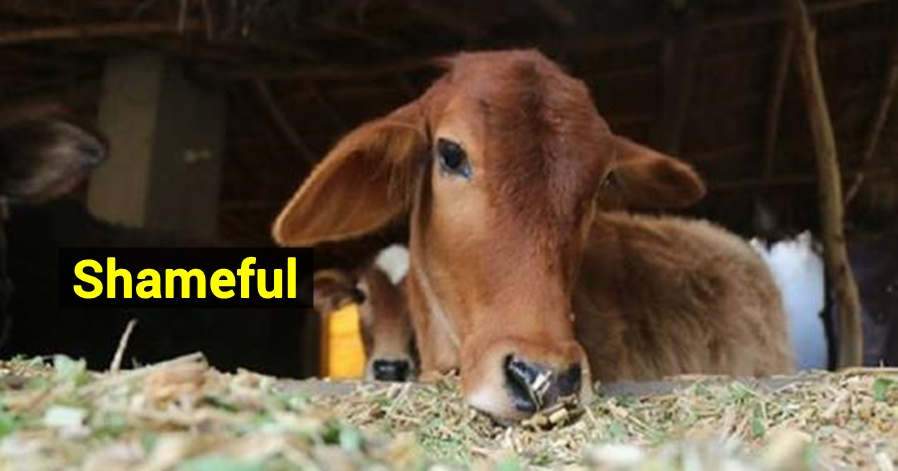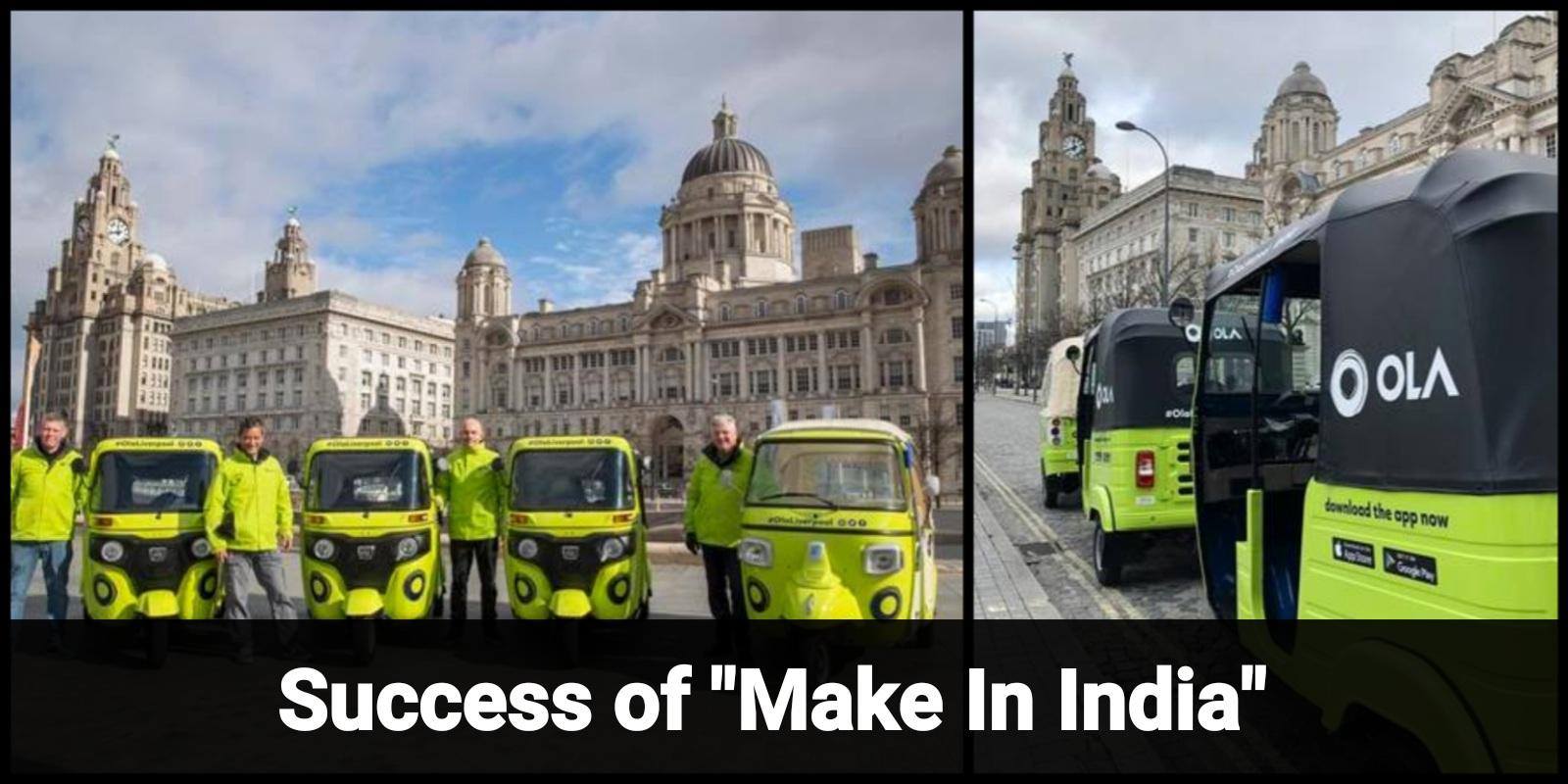No products in the cart.
Indian business records 72,000cr turnover this Diwali; A big success for local traders
The prolonged lockdown brought Indian economy to its knees, but this festive season of Diwali has brought smiles to the traders as robust business was recorded during this period in the country.
In a big win for India as a part of ‘Make in India’ campaign, India has recorded sales of around Rs 72,000 crore this Diwali across major markets in the country. The Confederation of All India Traders (CAIT) on Sunday (November 15) said the sales during the Diwali festive season jumped to as high as Rs 72,000 crore across major markets in the country.
Following boycott call by Indian sellers, Chinese exporters suffered losses with Rs 40000 crore this Diwali season. It is to be noted that CAIT had issued a call to boycott the Chinese products following the tension between India and China at the Line of Actual Control (LAC) in Eastern Ladakh.
“As per reports gathered from 20 different cities which are also considered to be the leading distribution centres of India, it is expected that Diwali festive sales generated a turnover of about Rs 72,000 crores and gave China the expected loss of Rs 40,000 crore,” CAIT said in a statement.
This meant the sale during Diwali increased by 10.8% in 2020 compared to the previous year. At least 20 cities including Delhi, Mumbai, Chennai, Bengaluru, Hyderabad, Kolkata, Nagpur, Raipur, Bhubaneswar, Ranchi, Bhopal, Lucknow, Kanpur, Noida, Jammu, Ahmadabad, Surat, Cochin, Jaipur, Chandigarh are considered as ‘distribution cities’ by the CAIT for the purpose of its surveys.
The most purchased products during Diwali festive season were the fast-moving consumer goods (FMCG), consumer durables, toys, electrical appliances and goods, electronic appliances and white goods, kitchen articles and accessories, gift items, confectionary items, sweets, home furnishing, tapestry, utensils, gold and jewellery, footwear, watches, furniture, fixtures, garments, fashion apparels, cloth and home decoration goods.
According to CAIT, one of the major reasons for good Diwali sales is that people didn’t make major purchase in the last eight months, and that’s why they had enough surplus money for festival purchases.












